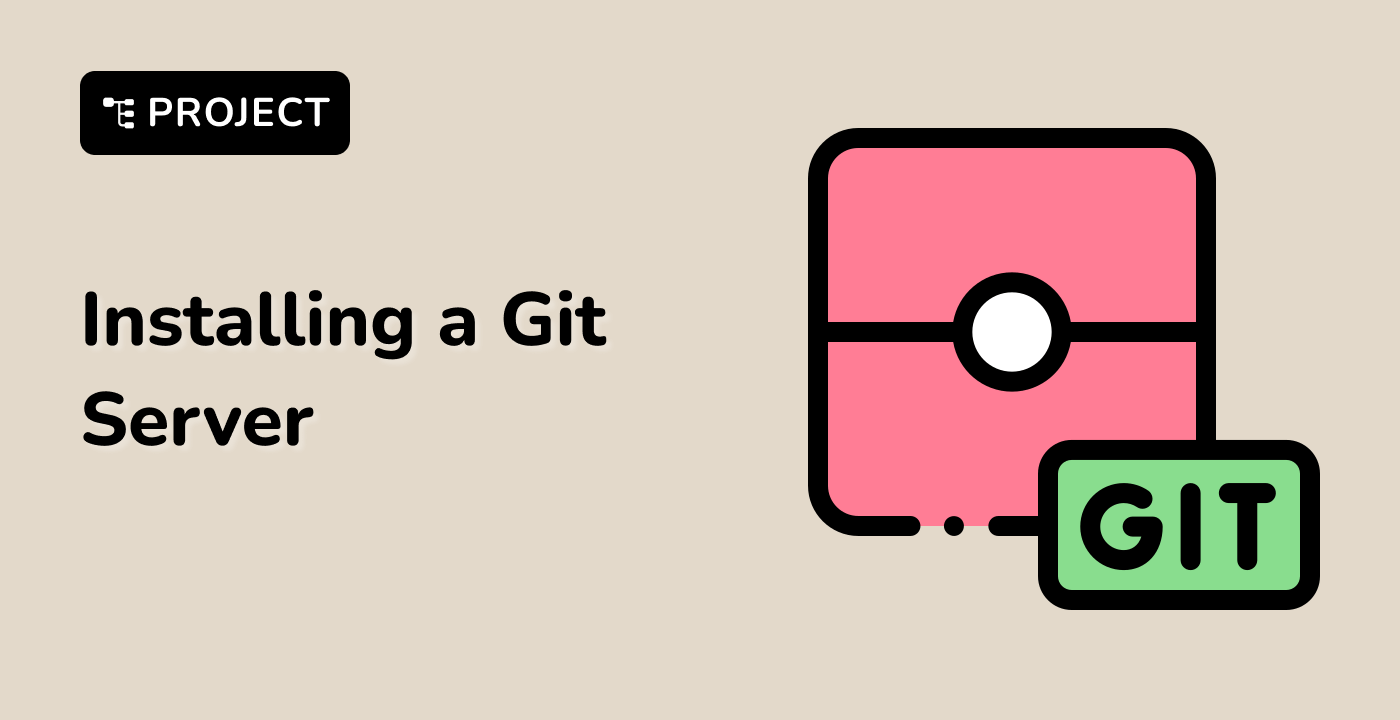Version Control Basics
Understanding Version Control Systems
Version control is a critical component in modern software development, enabling developers to track, manage, and collaborate on code efficiently. A version control system (VCS) allows teams to record changes to source code over time, providing a comprehensive history of project evolution.
Key Concepts of Version Control
Version control systems offer several fundamental capabilities:
| Feature |
Description |
| Tracking Changes |
Record modifications to files and code |
| Collaboration |
Multiple developers can work simultaneously |
| Branching |
Create independent lines of development |
| Rollback |
Revert to previous code versions |
Git: A Distributed Version Control System
graph TD
A[Local Repository] --> B[Staging Area]
B --> C[Remote Repository]
C --> D[Commit History]
Basic Git Configuration
Initialize Git on Ubuntu 22.04:
## Set global user configuration
git config --global user.name "Developer Name"
git config --global user.email "[email protected]"
## Create a new project directory
mkdir git-project
cd git-project
## Initialize a new Git repository
git init
Core Git Commands
## Check repository status
git status
## Stage files for commit
git add filename.txt
git add .
## Commit changes
git commit -m "Initial project setup"
## View commit history
git log
Version Control Benefits
Git fundamentals provide developers with powerful code management capabilities, enabling:
- Efficient collaborative coding
- Comprehensive change tracking
- Simplified project version management
- Enhanced software development workflows




